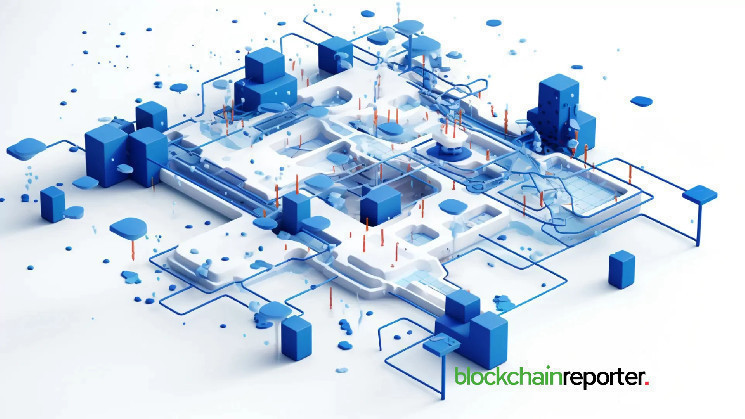The latest update from the Cortex project showcases significant advancements in various areas, including MIPS instruction set implementation, ZkRollup circuit development, and Cortex Full Node optimizations. These improvements aim to enhance the platform’s machine learning and blockchain performance, driving progress in its decentralized ecosystem. Cortex shared these updates through its official X account, highlighting the following key developments.
MIPS Instruction Set and Model Adjustments
The Cortex team successfully completed the compilation of the MIPS instruction set for the cvm-runtime and implemented a thorough test model. They also addressed issues related to dynamic library loading, ensuring compatibility with tensor and data types for MLVM integration. Moreover, modifications to the memory layout were made to enhance the reading format, optimizing data handling for specific memory addresses. The model inference within the cvm-runtime now supports step functions, improving processing efficiency. The addition of the Unicorn debug tool further streamlines the debugging process for developers.
ZkRollup Circuit Implementation and Optimization
The ZkRollup module of Cortex witnessed significant advancements, particularly in pre-compilation execution and the removal of static assertions. Circuit input implementation is now complete, with the team leveraging grand products to ensure queue equality. Code decommit requests were sorted and deduplicated, and a new code decompressor was added to unpack code directly into memory, enhancing execution speed. The team also delved into Plonky3 compilation, leading to runtime optimizations. Research into FAST-VM and naive VM execution processes refined the VM operational structure, improving the efficiency of the Cortex blockchain ecosystem.
Cortex Full Node Optimizations
In the Cortex Full Node section, minor issues in the state database were successfully resolved, with several fixes implemented to ensure better functionality. A new configuration option was introduced to disable the FINDNODE liveness check, improving node performance. Snapshots were added to the state database, and any flaky tests writing to logs post-completion were promptly addressed.
These updates demonstrate Cortex’s commitment to pushing the boundaries of machine learning and blockchain technology. The platform continues to evolve, offering improved performance and functionality to its decentralized ecosystem. Stay tuned for more exciting developments from the Cortex project as it continues to innovate and drive progress in the world of decentralized technologies.

